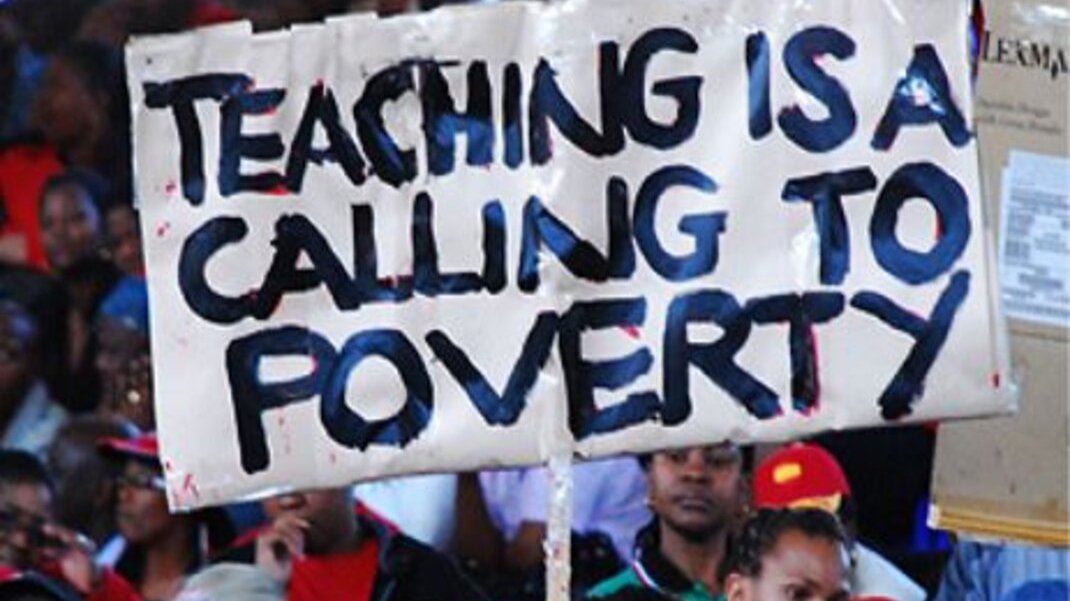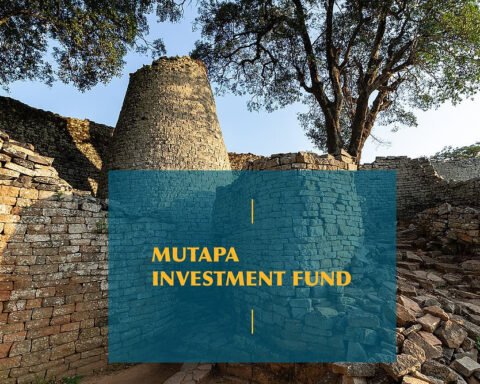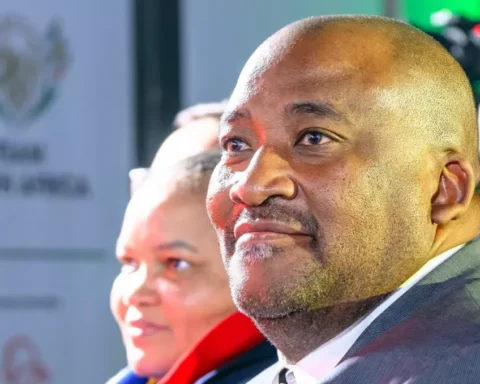In an escalating labor dispute with the government, the Federation of Zimbabwe Educators Union (FOZEU) has called for a nationwide strike among teachers, set to begin on Wednesday, 20 March 2024. This decision signals a significant escalation in the ongoing wage negotiations, as the educators’ union demands a minimum monthly wage of US$1,260 for each teacher. The move to industrial action follows what is seen by many in the profession as an inadequate response from the government, proposing a mere US$20 increase in their monthly salaries.
The initial three-day strike is a precursor to what FOZEU states will become an indefinite strike coinciding with the next school term, should their wage demands remain unaddressed. Unions under the FOZEU umbrella, such as the Education Union of Zimbabwe, the Zimbabwe Visually Impaired Teachers Union, the Progressive Educators Union, and the Amalgamated Rural Teachers Union of Zimbabwe, are advocating for a drastic change in remuneration, reflective of the rising cost of living and the value of their work.
The union’s decision emphasizes the disparity between the modest salaries of teachers and the perceived extravagant expenses of government officials. The government’s fiscal stance has been a subject of contention, as it claims incapacity to increase wages to the levels demanded by the educators.
While FOZEU stands united in its call to action, there is internal discord with the Zimbabwe Teachers Association (ZIMTA), the largest teachers’ union, which has not extended its support for the strike. ZIMTA’s absence from the strike could potentially weaken the union’s bargaining power and affect the outcome of this industrial action.
Despite these challenges, the educators’ determination underscores a pivotal moment in the nation’s struggle to balance economic austerity against the fundamental needs of its workforce. The upcoming strike underlines the critical role that educators play in the nation’s development and the urgency to address their financial grievances.
As the strike approaches, it will be closely watched by both national and international observers as a barometer of Zimbabwe’s approach to social justice and economic policy.








